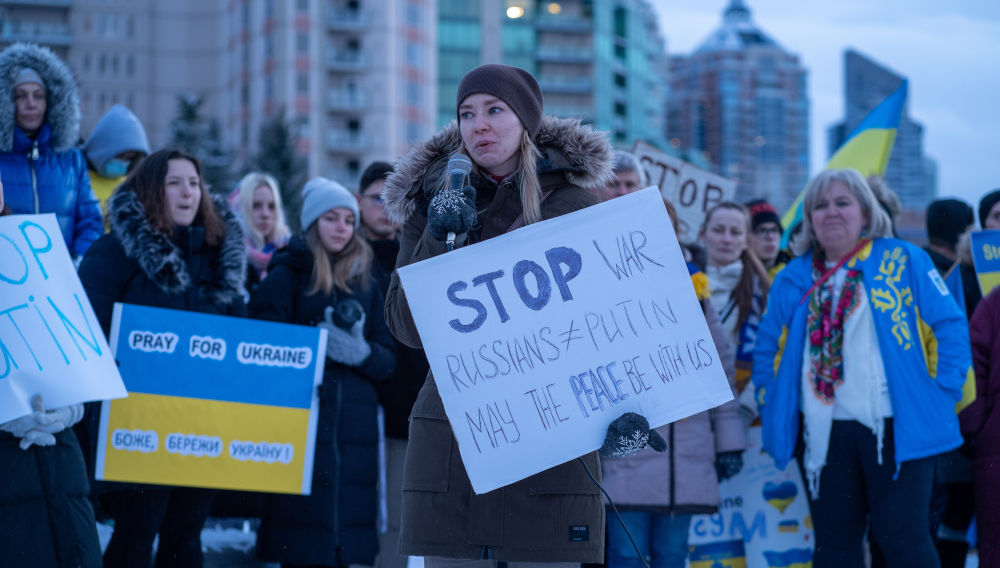Heineken and Carlsberg pull out of Russia
Europe | Brewers Carlsberg and Heineken said on 28 March 2022 they will quit Russia, joining a steady exodus of Western companies. For Carlsberg, the Western brewer most exposed to Russia, the exit will be financially painful. It will result in a “substantial non-cash impairment charge” this year, Carlsberg said without providing further details.
The company is the beer market leader with a 27 percent share through its ownership of the country's biggest brewer, Baltika. In 2021, Carlsberg generated approximately USD 958 million in revenue and USD 100 million in operating profit in Russia, where it has eight breweries and 8,400 employees.
“We have taken the difficult and immediate decision to seek a full disposal of our business in Russia, which we believe is the right thing to do in the current environment,” Carlsberg said. “Upon completion we will have no presence in Russia.”
The risk of nationalisation
Heineken, the third-ranked brewer in Russia with eight breweries and an installed capacity of 16 million hl beer, said it was aiming for an “orderly transfer” of its local business, which accounts for just 2 percent of group sales. Heineken will also reduce its operations during a transition period to minimise the risk of nationalisation.
This risk is real. Russian President Vladimir Putin, on 10 March, endorsed a plan to nationalise foreign-owned businesses that are closing their production over Russia’s invasion of Ukraine.
The Dutch brewer expects to book related charges of around EUR 400 million (USD 438 million) and said it would guarantee the salaries of its 1800 employees in Russia until the end of the year.
“We have concluded that Heineken’s ownership of the business in Russia is no longer sustainable nor viable,” the company said in a statement, adding that it would not profit from any transfer of ownership.
Russia's second largest brewer is a joint venture between Turkish firm Anadolu Efes and AB-InBev, with Efes in the driver’s seat. AB-InBev said in March it had asked its joint venture partner to stop selling Budweiser beer in Russia. Efes has so far refrained from saying if it has complied. In the meantime, AB-InBev will forego its profits from the joint venture, which has eleven breweries and 3500 employees in the country.
As Russia’s invasion of Ukraine continues, it is only logical that Carlsberg and Heineken decided to call it quits. Like other consumer businesses, they have come under pressure to pull out completely. However, they may have been more reluctant to do so due in part to their large staff bases in Russia.
Who will buy Heineken’s and Carlsberg’s assets?
The interesting question is: Who will buy Heineken’s and Carlsberg’s businesses, even if it is only for a token sum? Heineken’s statement that it would not profit from any transfer of ownership can be taken to mean that it wants to be shot of its business rather sooner than later - at any cost.
If potential buyers play their cards well, they may even get some money from Western brewers on top of two sizeable businesses.
Given that Russia is quickly turning into a pariah state, it is hard to imagine a Western buyer. Most likely the businesses will go to Russian investors, or some Russian company indirectly owned by the state. Observers say it is in the state’s interest not to let the country run dry of beer, despite the government’s anti-alcohol policies.

